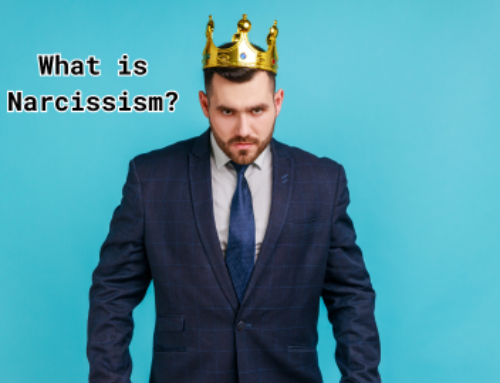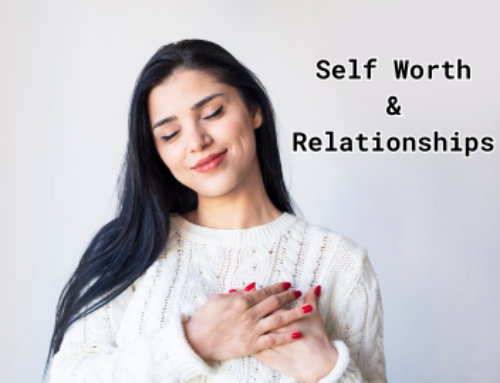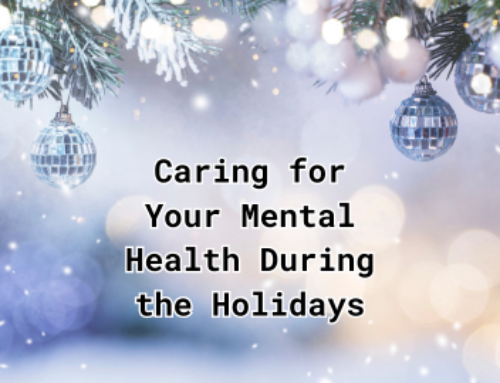Anxiety affects different people in different ways, and it occurs in degrees. Symptoms of anxiety include, restlessness, constant worrying, agitation, fear, irritability, difficulty concentrating, and panic attacks. How one experiences these symptoms ranges in severity from a slight hindrance to all out debilitation.
Those with severe anxiety may turn to medication or treatments like TMS.
However, for those who experience anxiety irregularly or with less intensity, there are habits and activities that can help calm anxious feelings.
Journaling: Writing thoughts, feelings and emotions down can be a great way to “let it out.” Journaling can be a very effective way of getting to the bottom of what is triggering anxiety, as well as releasing tension and hostility. Writing can help you realize your circumstances in a way you never have before. Keep in mind, it’s not necessary to purchase a formal journal and document every detail. If you are feeling anxious, grab any sheet of paper and scribble away. Keep it or toss it – it’s up to you! The goal is to get to know yourself better.
Relaxation Exercises: Yoga and meditation are excellent mindful activities. Both focus on deep breathing and calming movements. These activities can slow racing thoughts and relieve tightening muscles. As long as you set the intention to do so, even small increments of time focusing on relaxation can do wonders for soothing anxiety.
Herbal Teas and Supplements: Chamomile, Lavender, Lemon balm, St. John’s Wort, and Valerian are all known to calm nerve tension and stress. All can be found in various ways to consume, either as a tea, capsule, or a tincture. Some may also be found as an essential oil you can use for aromatherapy. Don’t forget, just because these are natural substance does not mean they come without side effects. Take small slow doses and the time to learn how each (or all) affects you.
Treating anxiety takes time, regardless of how you choose do so. It’s requires every day practice and a fight not to give up. But, if you do find what works best for you and you do the necessary work, you will most likely find anxiety to be less and less a hindrance on your life. You also don’t have to go about it alone. You can find groups of others who experience anxiety or speak with a health care professional. You don’t have to live with anxiety if you don’t want to.



